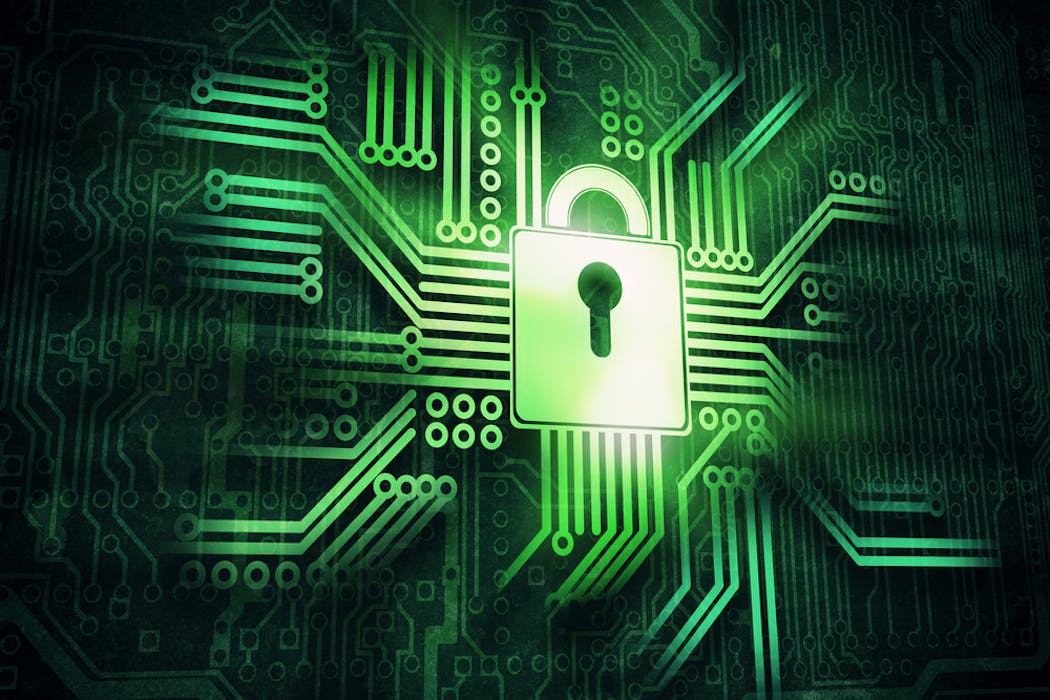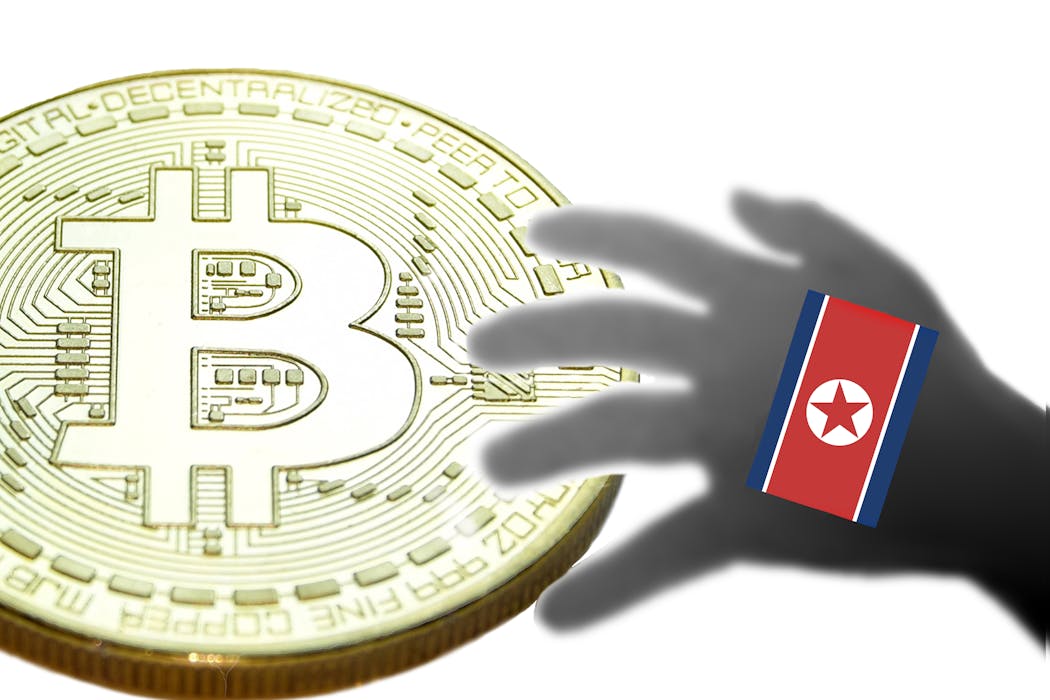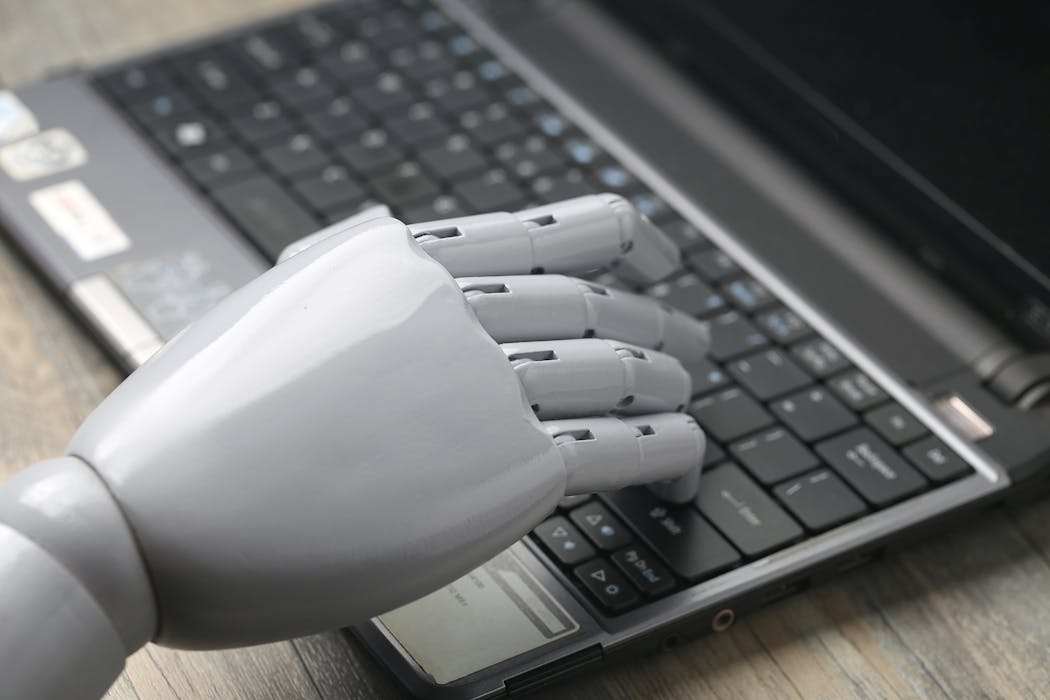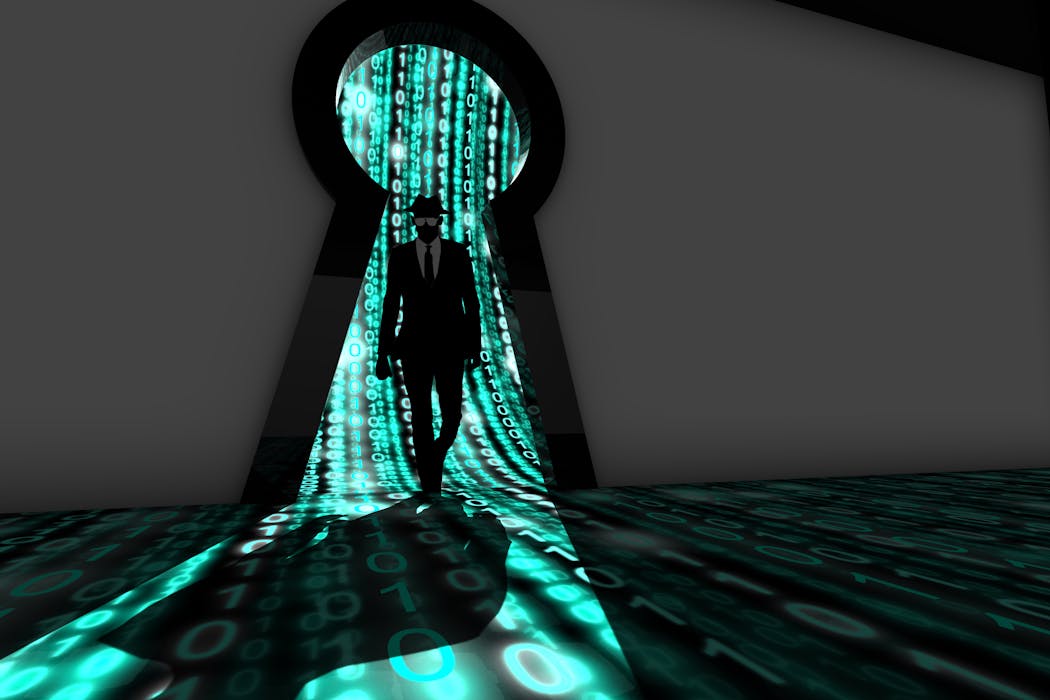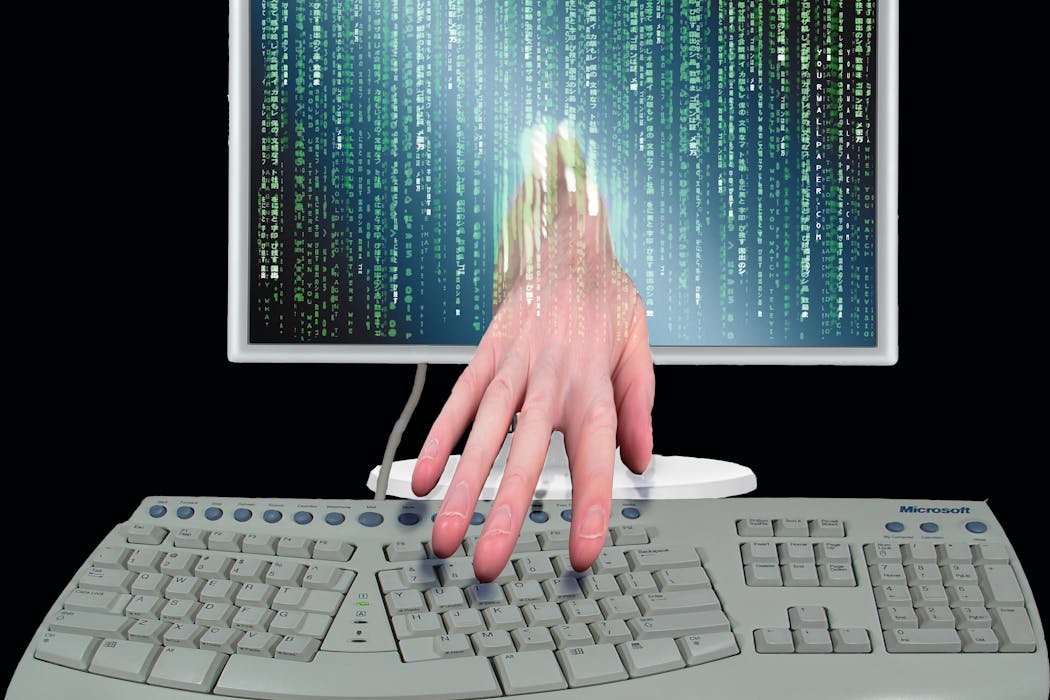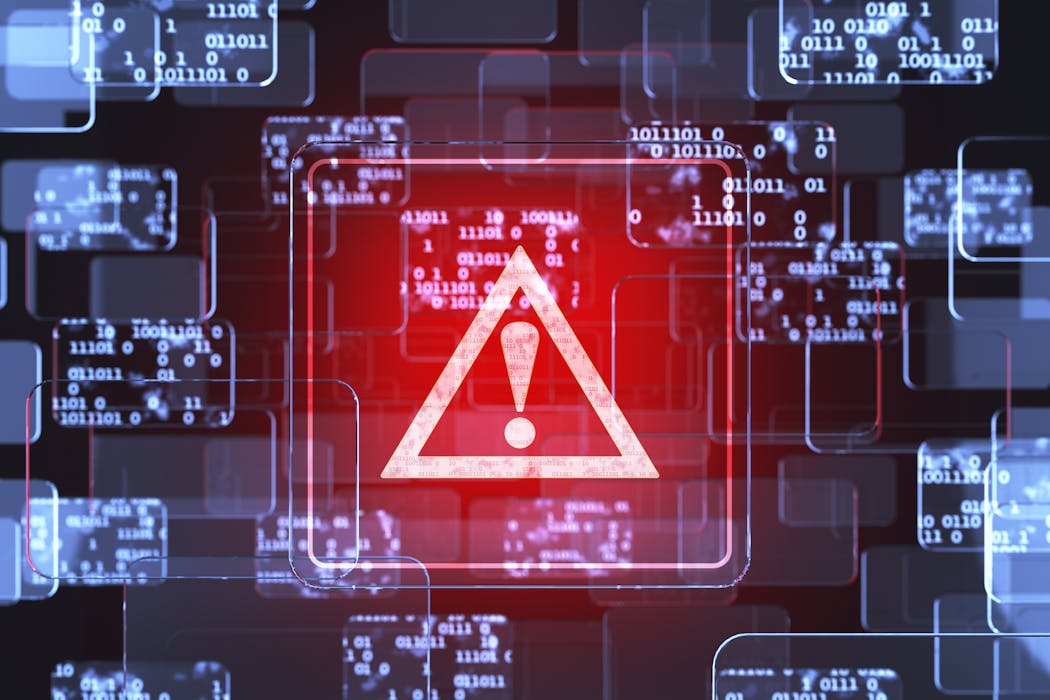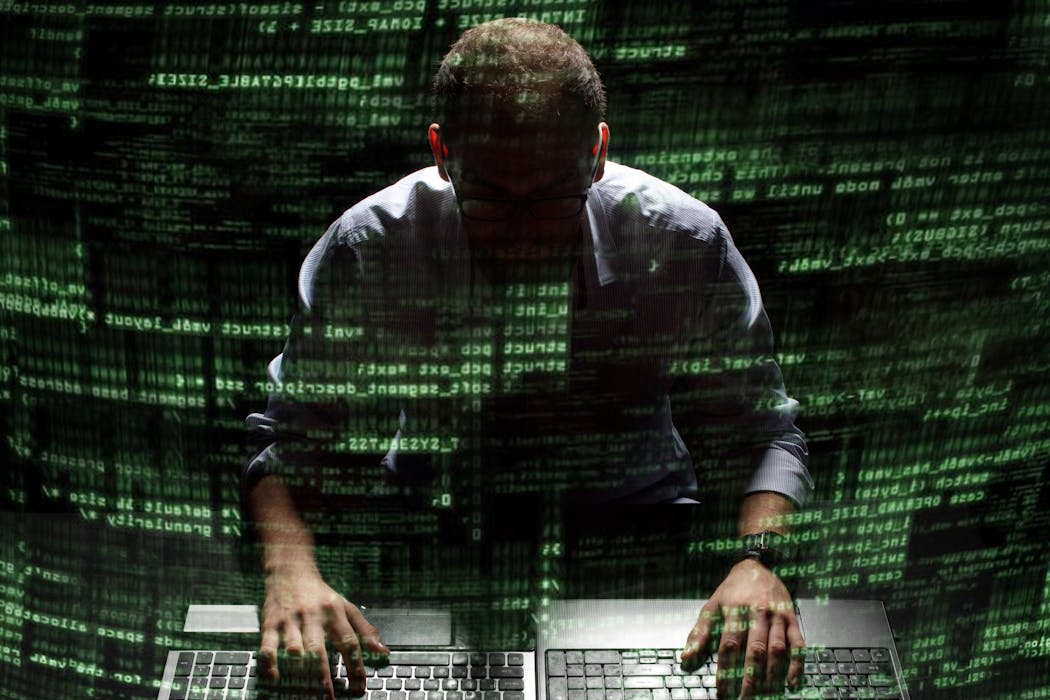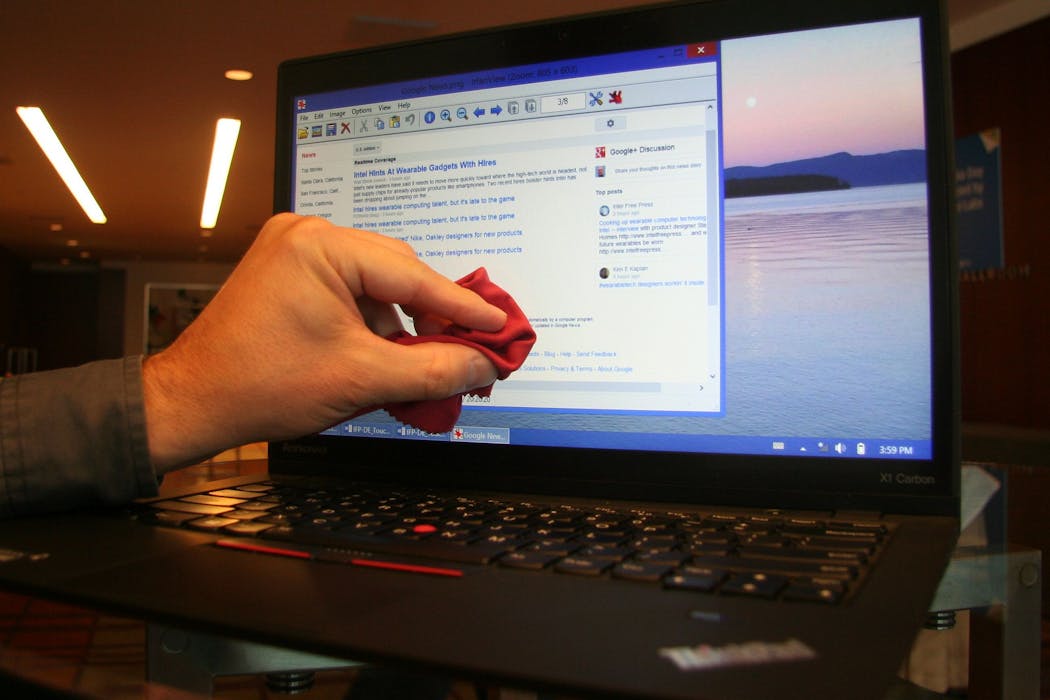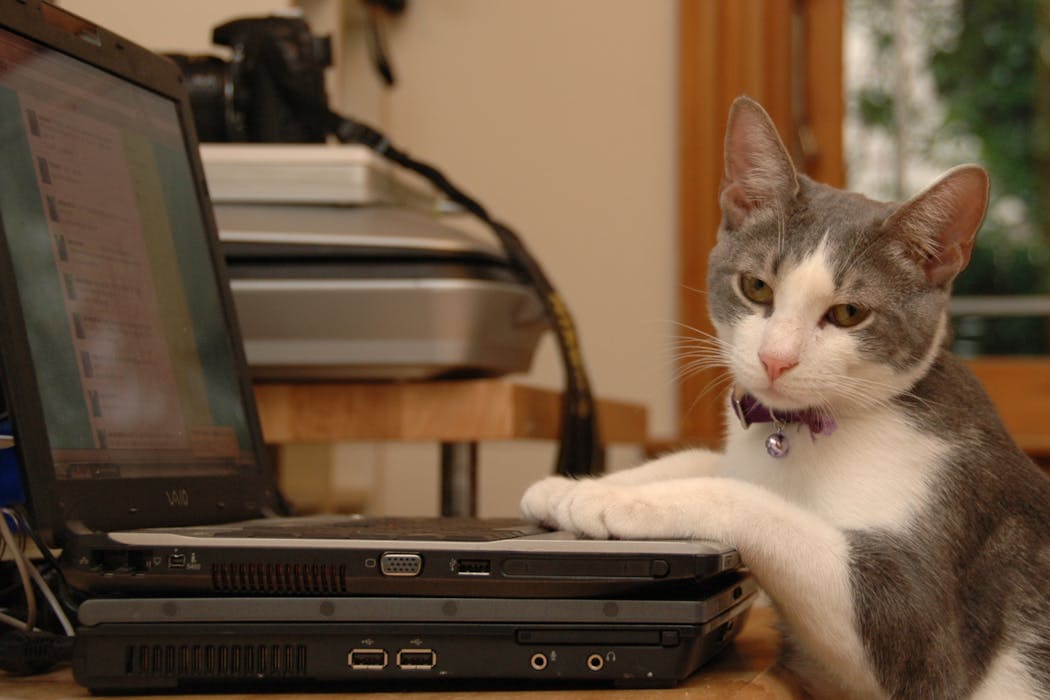- Universities are a juicy prize for cyber criminals. Here are 5 ways to improve their defencesby Ivano Bongiovanni, Lecturer in Information Security, Governance and Leadership / Design Thinking, The University of Queensland on September 7, 2020 at 8:12 pm
Universities hold valuable information but are large and porous communities, with legacy IT systems often adding to the risks. But following a few basic rules can help counter cyber attacks.
- How to break our bad online security habits – with a flashing cyber nudgeby Emily Collins, Research Associate in Human Factors of Cyber Security, University of Bath on May 16, 2019 at 11:56 am
Humans are the weak link in cyber security. But there may be a solution to making us safer, using the technology of exercise and lifestyle apps
- Fax machines and coffee pots – the surprising ways you could be hackedby Keith Martin, Professor, Information Security Group, Royal Holloway, University of London on September 5, 2018 at 10:08 am
Researchers used a fax machine that wasn’t even connected to the internet to break into a computer network.
- Kenya’s new cybercrime law opens the door to privacy violations, censorshipby Mercy Muendo, Lecturer, Information Technology and the Law, Mount Kenya University on May 29, 2018 at 1:02 pm
Kenya’s new Computer and Cyber Crime Act must not be abused by the criminal justice system.
- North Korea’s growing criminal cyberthreatby Dorothy Denning, Emeritus Distinguished Professor of Defense Analysis, Naval Postgraduate School on February 20, 2018 at 11:39 am
North Korea’s cyber army is closely controlled by the ruling regime – a key difference from other countries’ cyberattack and espionage groups.
- Apple, Android and PC chip problem – why your smartphone and laptop are so at riskby Siraj Ahmed Shaikh, Professor of Systems Security, Coventry University on January 5, 2018 at 12:08 pm
Chips from the biggest chipmakers – Intel, AMD and ARM – all contain serious security flaws.
- Are you a “cyberloafer”? Why internet procrastination is making life easier for hackersby Lee Hadlington, Senior Lecturer in Cyberpsychology, De Montfort University on December 22, 2017 at 12:06 pm
Wasting time on the internet at work could be putting your company’s cyber-security at risk.
- Artificial intelligence cyber attacks are coming – but what does that mean?by Jeremy Straub, Assistant Professor of Computer Science, North Dakota State University on August 28, 2017 at 2:46 am
It won’t be like an army of robots marching in the streets, but AI hacking is on the horizon.
- What are software vulnerabilities, and why are there so many of them?by Thomas Holt, Associate Professor of Criminal Justice, Michigan State University on May 23, 2017 at 3:47 am
It can be useful to think of hackers as burglars and malicious software as their burglary tools. Both types of miscreants want to find ways into secure places and have many options for entry.
- Bypassing encryption: ‘Lawful hacking’ is the next frontier of law enforcement technologyby Ben Buchanan, Postdoctoral Fellow, Cyber Security Project, Belfer Center for Science and International Affairs, Harvard University on March 17, 2017 at 12:05 am
The technical consensus is clear: Adding ‘backdoors’ to encryption algorithms weakens everyone’s security. So what are the police and intelligence agencies to do?
- Six myths about national security intelligenceby Frederic Lemieux, Professor and Program Director of the Master’s degree in Applied Intelligence, Georgetown University on January 26, 2017 at 12:46 am
The president, the press and the public have misguided ideas about how intelligence is produced and analyzed. A Georgetown professor sets us straight.
- Hacking the terror suspect’s iPhone: what the FBI can do now Apple says ‘no’by Georg Thomas, PhD candidate in information technology, Charles Sturt University on February 26, 2016 at 12:13 am
Now that Apple has refused to build a backdoor into its own device, should the FBI turn to ethical hackers to gain access to a terror suspect’s iPhone?
- Computer viruses deserve a museum: they’re an art form of their ownby Jussi Parikka, Professor in Technological Culture & Aesthetics, University of Southampton on February 19, 2016 at 9:53 am
From Frodo to Skynet – the new Malware Museum shows how viruses reflect our culture and our fears.
- Hack attack on a hospital IT system highlights the risk of still running Windows XPby Robert Merkel, Lecturer in Software Engineering, Monash University on January 20, 2016 at 7:22 pm
Microsoft warned back in 2014 that anyone continuing to use Windows XP, once it ended support, would be vulnerable to attack. So why are some organisations still using the old operating system?
- TalkTalk hack: perhaps we’ll finally take cybersecurity seriouslyby Keith Martin, Professor, Information Security Group, Royal Holloway, University of London on November 12, 2015 at 4:48 am
Doing something about online security would be best. But talking about it is a good start.
- US-China cybersecurity talks should focus more on trade secret theft than espionageby Peter K. Yu, Professor of Law and Co-Director of the Center for Law and Intellectual Property , Texas A&M University on June 26, 2015 at 10:24 am
The protection of trade secrets is an area of concern for both countries and is more likely to lead to an agreement.
- Seven easy steps to keep viruses from your devicesby Mary Adedayo, Lecturer, Department of Computer Science, University of Pretoria on June 25, 2015 at 4:47 am
Throwing a safety net over one’s computer, mobile handset or tablet is a necessity because of the threat of viruses and infections through removable devices.
- China data thefts expose murky world of hidden motives, tricky responses when nations hackby Rahul Telang, Professor of Information Systems and Management, Carnegie Mellon University on June 8, 2015 at 3:11 pm
Recent data thefts that appear to be carried out by nations are unsettling for many reasons and raise profound questions about how we should handle them.
- Can the power grid survive a cyberattack?by Michael McElfresh, Adjunct Professor of Electrical Engineering, Santa Clara University on June 8, 2015 at 10:17 am
The internet of things – including the equipment on the power grid – is increasing cybersecurity risks for all critical infrastructure.
- Logjam isn’t the only reason your computer might be more vulnerable to internet threatsby Andrew Smith, Lecturer in Networking, The Open University on May 22, 2015 at 5:13 pm
A new threat to secure online communication could be a symptom of a wider cyber security problem.
- How a hacker could hijack a plane from their seatby Yijun Yu, Senior Lecturer, Department of Computing and Communications, The Open University on May 20, 2015 at 5:07 am
Claims that a cybersecurity expert hacked an aeroplane’s cockpit might not be as unbelievable as they first seem.
- Apple and Starbucks could have avoided being hacked if they’d taken this simple stepby Bill Buchanan, Head, Centre for Distributed Computing, Networks and Security, Edinburgh Napier University on May 19, 2015 at 10:36 am
There’s no excuse for big firms letting basic attacks compromise their customers’ data.
- Hackers’ kit bag: the tools that terrorise the internetby James H. Hamlyn-Harris, Senior Lecturer, Computer Science and Software Engineering, Swinburne University of Technology on March 5, 2015 at 7:27 pm
Hacking is a state of mind. Traditionally, hackers like to discover, understand and share the secrets they expose. They like to laugh at the dumb things they find. They’re not necessarily in it for the…
- Before decrying the latest cyberbreach, consider your own cyberhygieneby Arun Vishwanath, Associate Professor of Communication, University at Buffalo on February 24, 2015 at 11:07 am
No matter how strong an organization’s cybersecurity, our own bad behavior could make us the “unintentional insiders” for the next big hack.
- How we can each fight cybercrime with smarter habitsby Arun Vishwanath, Associate Professor of Communication, University at Buffalo on January 26, 2015 at 10:47 am
Cybersecurity is only as strong as the people behind the computer. And we often don’t understand the risks when we click a link.

Computer Hacking
We are an ethical website cyber security team and we perform security assessments to protect our clients.


